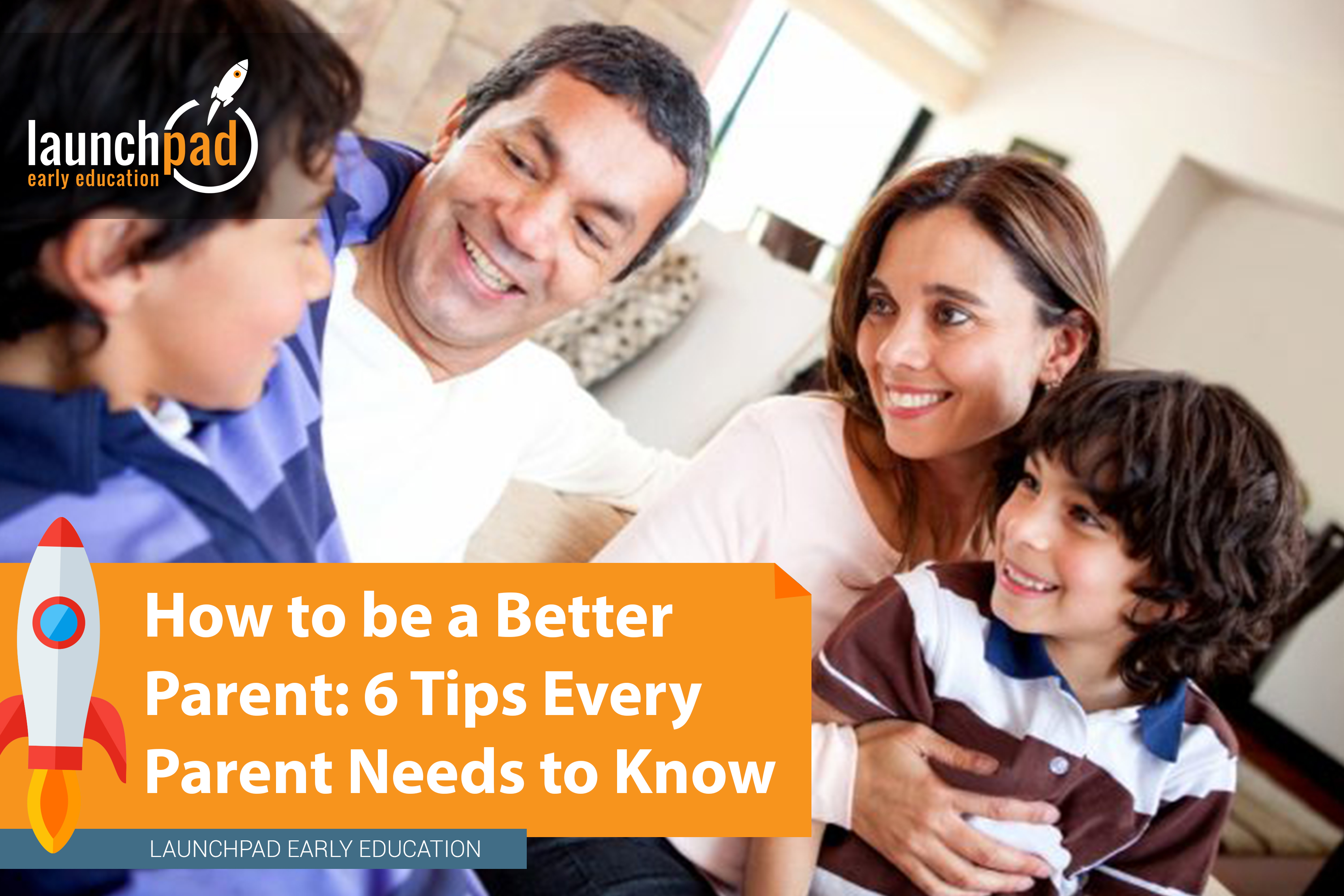A part of responsible parenting is being able to recognize if your actions and reactions are helping your children to reach their full potential. The journey to becoming a better parent is by no means an easy journey, but we’ve got you covered. Here are 6 tips that every parent should know
Avoid Comparing
Our first recommendation is to refrain from comparing your child to another child. Although you might be tempted to track your child’s development by checking out the progress of other kids, remind yourself that they are growing individually and differently than others. A child’s pace for growth and development does not define how good they are in general. And, comparing them to others only teaches competition, which isn’t always healthy.
Labeling children should also be avoided, if not totally banned. Labels can spark hate and can fuel the bad behavior that you want to discourage. Even labels meant to praise children can have poor impacts. For example, amongst siblings, these labels can foster rivalry and conflict.
Set an Example
Our next tip on how to be a better parent is to set a good example. Your child watches and follows your every move and your behavior as a parent proves to be far more powerful than any spoken word. This also applies to babies as they also tend to digest everything that you do. Whether you intend to pass along a lesson or not, your children are already following suit. They are silently observing your activities and are forming actions based on your response to every situation.
While you’re at it, make sure to demonstrate good manners so that your children can incorporate these into their actions as well.
Mistakes are a part of Learning and Growing
Remind your kids that doing poorly in some areas of life will not mean that they are failing in life. Tell them that mistakes are a crucial part of learning. Allow them to experience failures that could eventually teach them a thing or two. Spoiling them with only the right answers won’t teach them how to deal with error and defeat. Sometimes, the errors that they experience are actually better teachers than any way of explaining things to them.
It’s also emotionally healthier to allow your children to experience disappointment instead of protecting them from any and all negative effects of their actions. Children learn best on the edge of failure because that’s where the opportunity for growth lies.
Let your Kids be Bored
Let your kids have downtime so they may explore independently without being told what to do next. Their creativity is boosted when left alone to their own devices. They might pick up a pencil and draw something or maybe they’ll explore their interest in music by picking up an instrument. Self-directed activities will foster autonomy,but make sure that they are still well supervised and give limited support along the way.
Prepare and set out differing tools, supplies, materials, and toys in order to encourage them. Strive for a balance between planned activities and downtime for the entire family.
Deal with Bad Behaviors
There might come a time when your child seems to disobey your every request. Keep calm to avoid the notion that every single thing that they do, no matter how small, can trigger your anger. By keeping calm, you can carefully assist your child in reconsidering the effects of their actions. You should tell them that their actions were wrong and reserve your powered anger for the bigger issues. A calm and compassionate conversation is important. Ask your child questions and provide helpful suggestions instead.
Be Ready to Embrace Change
Parents are quick to assume that something is wrong with their child when they begin to do new things. Don’t fall into this trap. Bear in mind that your children are growing and that the activities that they like will change over time too. Their interests vary as they get older and you should be prepared to accept this. What you can do is to evolve along with them.
Find these tips helpful? Need more tips to solidify your parenting style? We’ve got you covered. Visit https://launchpad-ee.com to read more parenting related blogs.



All comments (1)